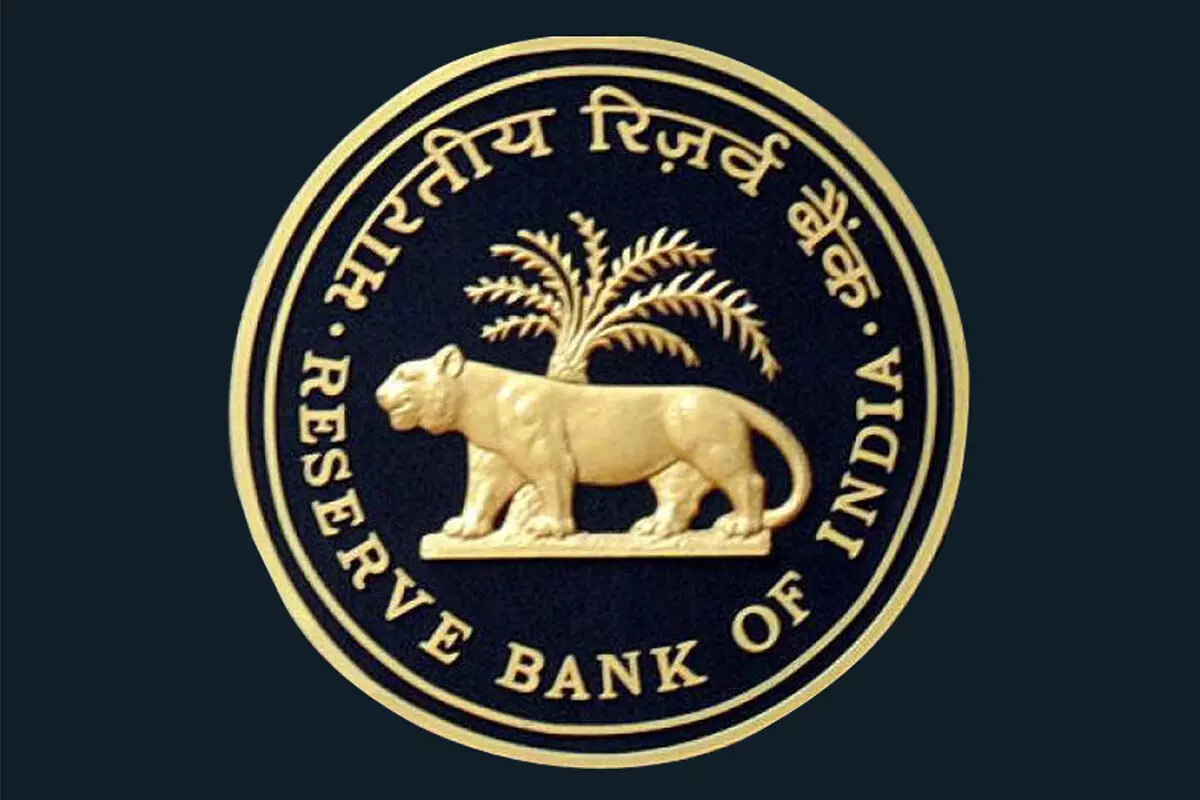RBI Repatriates 102 Tonnes of Gold from Bank of England on Dhanteras
The RBI has recently transferred 102 tonnes of gold from the Bank of England's vaults to secure facilities in India, bringing its total reserves to 855 tonnes.
RBI

The RBI recently transferred 102 tonnes of gold from the Bank of England to secure facilities in India, underscoring its commitment to keeping valuable assets closer to home. Since September 2022, India has repatriated a total of 214 tonnes of gold, reflecting the RBI's preference for maintaining wealth within national borders.
With total gold reserves of 855 tonnes, the RBI now holds 510.5 tonnes domestically. This strategic shift is in response to rising geopolitical risks and aims to enhance security by managing assets within the country.
The decision to repatriate gold comes amid growing international tensions and economic challenges. Government sources indicate that holding these reserves in India adds an extra layer of security. The transportation involved strict secrecy and advanced security protocols, utilising specialised aircraft to ensure the safe transfer of assets.
This isn't the first instance of large-scale gold repatriation; in May, India moved 100 tonnes from the Bank of England, marking one of the largest transfers since the 1990s, when gold was pledged as collateral during a financial crisis. This recent relocation, however, is a proactive measure to safeguard the nation’s wealth rather than a reaction to economic emergencies.
Currently, 324 tonnes of India's gold reserves remain with the Bank of England and the Bank for International Settlements in the UK. The Bank of England has served as a trusted custodian for central banks since 1697, offering a secure "bullion warehouse" with liquidity advantages. Nonetheless, sources suggest that further moves out of the UK are unlikely this year.
Gold now constitutes 9.3% of India’s total foreign reserves, an increase from 8.1% in March, driven by rising global gold prices, which currently stand at approximately Rs 78,745 per 10 grams in Mumbai. Analysts forecast that prices may climb to Rs 85,000 per 10 grams over the next year, fueled by increasing investor interest during times of economic uncertainty and conflict, particularly in the Middle East.

